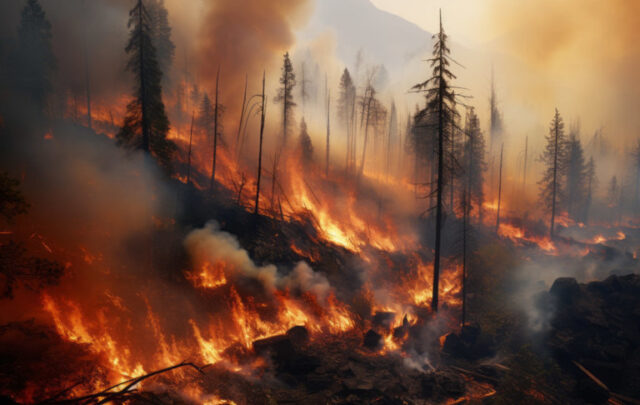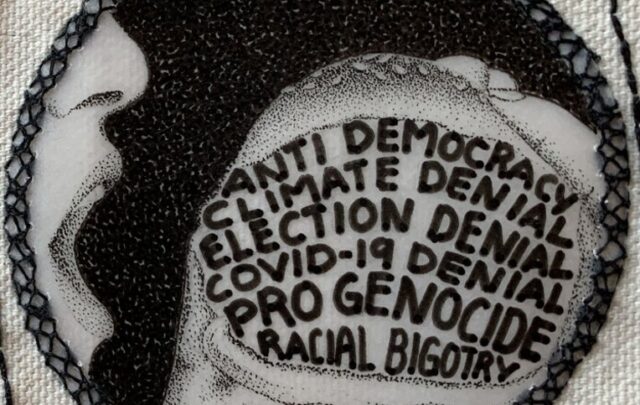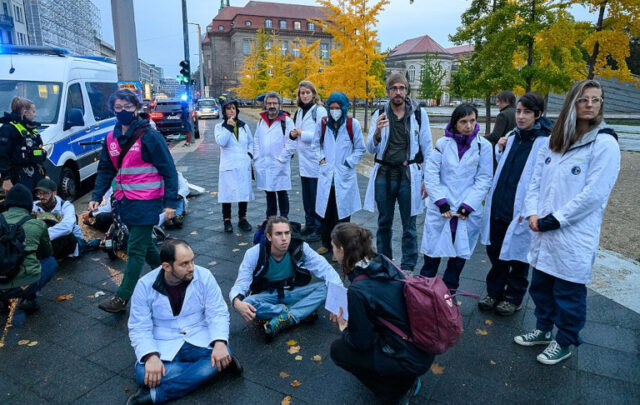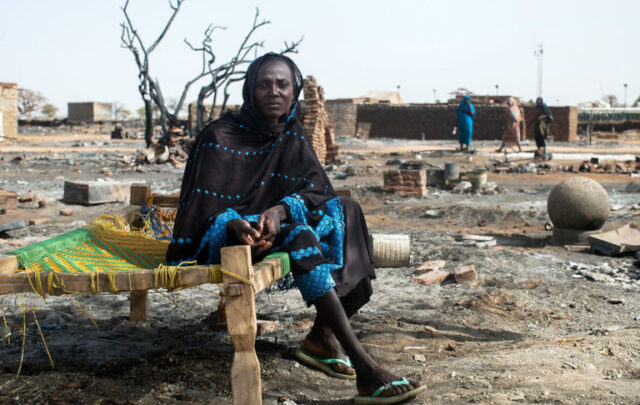Stan Cox began his career in the U.S. Department of Agriculture and is now the Ecosphere Studies Research Fellow at the Land Institute. Cox is the author of Any Way You Slice It: The Past, Present, and Future of Rationing, Losing Our Cool: Uncomfortable Truths About Our Air-Conditioned World (and Finding New Ways to Get Through the Summer) and Sick Planet: Corporate Food and Medicine. He is also the author of The Green New Deal and Beyond: Ending the Climate Emergency While We Still Can (2020) and the The Path to a Livable Future: Forging a New Politics to Fight Climate Change, Racism, and the Next Pandemic (2021), both from City Lights Books. He is starting the second year of writing the ‘In Real Time’ series for City Lights.
See the evolving ‘In Real Time’ visual work at the illustrated archive; listen to the ‘In Real Time’ podcast for the spoken version of this article; and hear a discussion of it on the Anti-Empire Project podcast.









2 thoughts on “Stan Cox”